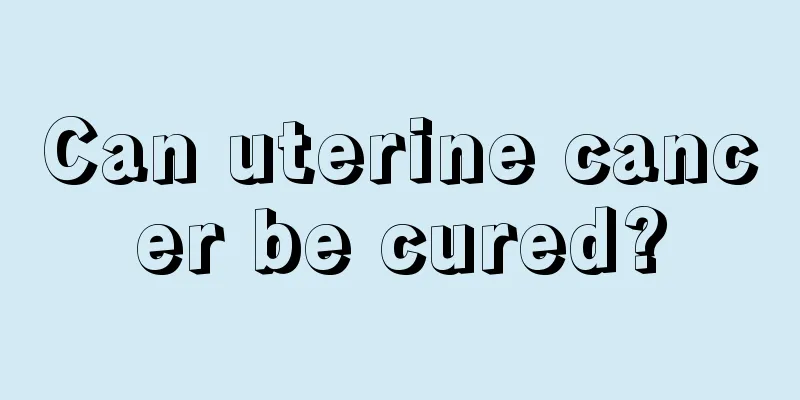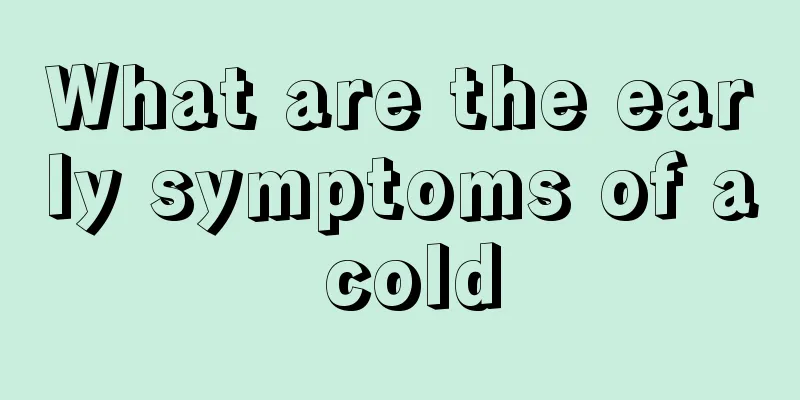Residual urine volume in bladder after urination

|
Many people still feel that there is residual urine in their bladder right after urinating, which makes them feel very uncomfortable and anxious. In fact, this may be due to some inflammatory stimulation inside their bladder, so the best way is to treat it with anti-inflammatory and analgesic drugs. After taking the drugs, the occurrence of this situation can be gradually improved. Inflammatory stimulation When there is inflammation in the bladder, the nerve perception threshold is lowered and the urination center is in an excited state, resulting in incomplete urination and reduced urine volume (<300-500 ml/time in adults). Therefore, inability to urinate completely is an important symptom of cystitis, especially in acute cystitis and tuberculous cystitis. Other conditions, such as prostatitis, urethritis, pyelonephritis, chronic balanoposthitis in children, vulvitis, etc., may also cause urinary incontinence. Under the stimulation of inflammation, incomplete urination, urgency and pain in urination often occur at the same time, which is called urinary tract irritation syndrome, commonly known as the "tri-uria syndrome". Non-inflammatory irritants For example, urinary tract stones and foreign bodies usually present with incomplete urination as the main manifestation. Bladder capacity Such as bladder space-occupying lesions, compression from the enlarged uterus during pregnancy, tuberculous bladder contracture, or large bladder stones. Neurological Incomplete urination only occurs during the day or before going to bed at night, and is often caused by mental tension or hysteria. This may also be accompanied by urinary urgency and pain. Urinary incompleteness refers to the feeling of a full bladder and an urgent need to urinate, which cannot be relieved after urination. It is also accompanied by symptoms of frequent urination, urgent urination, painful urination, and white discharge from the urethra. This condition is called "incomplete urination" in medicine, and quantitative indicators are given to diagnose this disease: urination of 1000-2000ml per day, 4-6 times during the day, and 0-2 times at night. Any flow beyond this range can be confirmed as incomplete urination. Increased urine output As urine volume increases, the frequency of urination will also increase accordingly. Under physiological conditions, such as drinking large amounts of water, eating watermelon, and drinking beer, due to the increase in water intake, the urine volume increases through the regulation and filtration of the kidneys, and the frequency of urination also increases, resulting in incomplete urination. Under pathological conditions, such as some patients with diabetes and diabetes insipidus, they drink a lot of water, urinate a lot, and urinate frequently. But there was no discomfort in urination. |
<<: How long does it take to stop bleeding after tooth extraction
>>: What to do if the bladder wall thickens
Recommend
What are the symptoms of damp-heat in the triple burner?
There are so many key parts of the body that it i...
How much does tongue cancer surgery cost?
How much does tongue cancer surgery cost? Many pe...
What to do if a two-year-old baby is constipated
It is quite common for two-year-old babies to suf...
There is a long hair on my arm
In life, we will find that some people have parti...
Two basic principles of diet for patients with colorectal cancer
Colorectal cancer is a common tumor disease, whic...
What are the factors that cause prostate cancer in men? Four reasons jointly cause prostate cancer
Prostate cancer is a disease that many male frien...
Is stage fright a factor? Adjust your mindset to prevent stage fright
At work and in life, we face all kinds of people ...
Is enlarged lymph nodes under the armpit a sign of metastasis in breast cancer?
Is enlarged lymph nodes under the armpit caused b...
What are the symptoms of heavy moisture on the face
Dampness is a concept in Traditional Chinese Medi...
The advantages and disadvantages of eating pineapple frequently
Eating some pineapple properly is good for the bo...
Why do calves become thicker
Whether it is jogging or doing other aerobic exer...
How to use aloe vera gel
Aloe vera gel is a chemical product we are famili...
What are the methods of drug treatment for small cell lung cancer
What are the ways to treat small cell lung cancer...
Symptoms and treatment of high potassium
For our body fluids or other organisms, in order ...
How long can a person with colorectal cancer lung metastasis live
After colorectal cancer metastasizes to the lungs...









